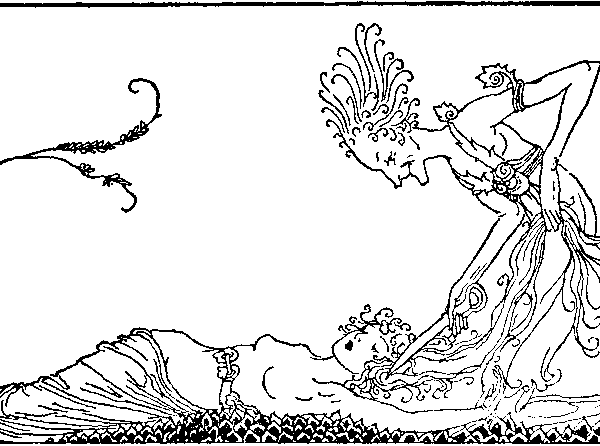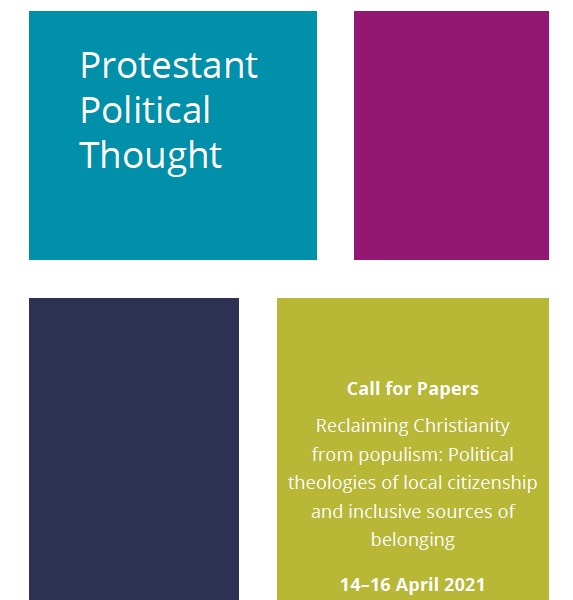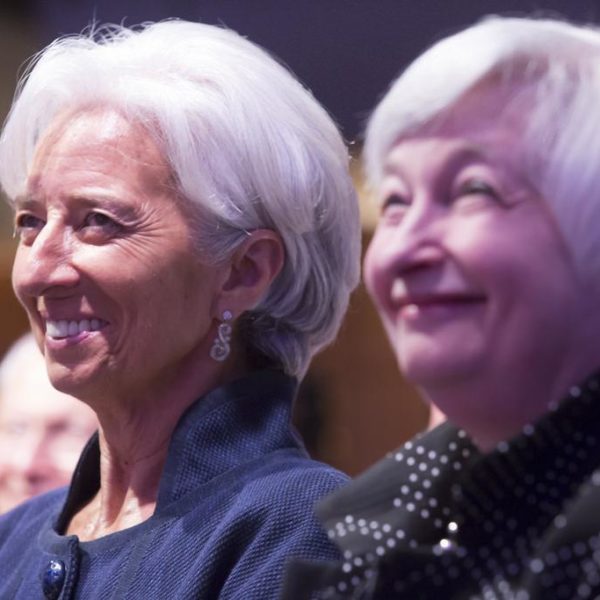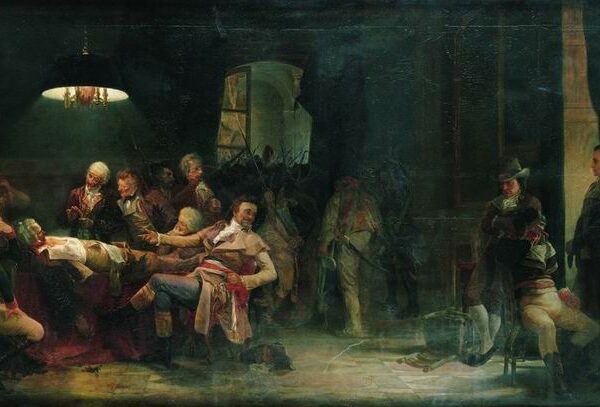
Authoritarianism in Christianity is a feature, not a bug, and it is unlikely to change any time soon. Perhaps on its own it is a problem mainly to those inside the faith. But when Christian authoritarianism hooks up with fierce cultural reaction, it can become a profound problem for society.
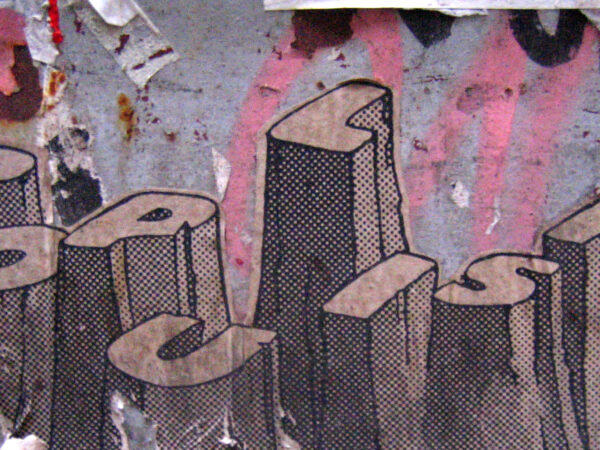
Normative distinctions between “honest” and “hijacked” Christianity are a recurrent reference in research on populism. Yet the practices in which Christianity is embedded and embodied paint a more complicated picture. By re-drawing the distinction between the “honest” and the “hijacked,” these practices enable critiques of the anti-Muslim racism that runs through populist politics.

Against the prevailing conception of populism in Western democratic societies, Argentinean political theorists Paula Biglieri and Luciana Cadahia rearticulate the meaning of populism from the perspective of Latin American political reality. In their book Seven Essays on Populism (Verso 2021), Biglieri and Cadahia invite the readers to reconsider populism as constitutive of the political.
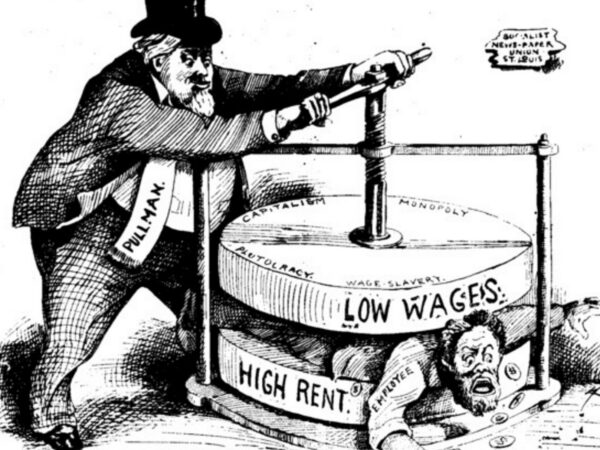
While some white American converts to Pentecostalism in the early 1900s were experiencing a resurgence of Jeffersonian populism of that era, Mexican nationals were living through revolutionary upheaval of their own. And like the older populism of American evangelical lines, the Mexican revolution’s radical populism was also agrarian, influenced by Jacobinism, and hostile to establishment elites.

Blaming Covid 19 on the World Health Organization or on a lab in China and calling Black Lives Matter “radical leftist extremists” follow the American-populist playbook of responding to duress by targeting an alien “other” who have wronged “us” and whom “we’re” right to combat with force.

Situated on this eschatological middle ground, political theology must reckon with how we live in a time when the kingdom of God is present, creating moments of transformation and rupture…To speak truthfully, political theology must also speak to the quotidian joys and everyday struggles that make up the ordinary time of our lives.
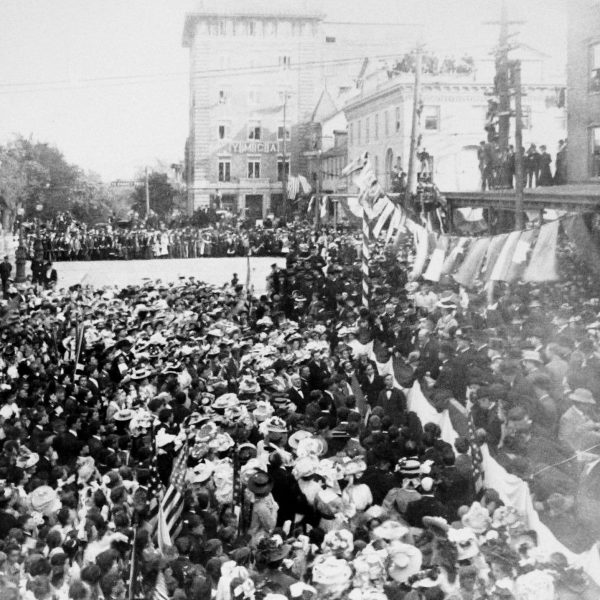
Populism seems to have at least these advantages: it privileges practical reasoning over theoretical; it binds us to place; it recognizes modernity’s political gains; it does not posit reactionary declension narratives; it affirms “common folk;” it avoids elitism…It also gave us President Trump.
